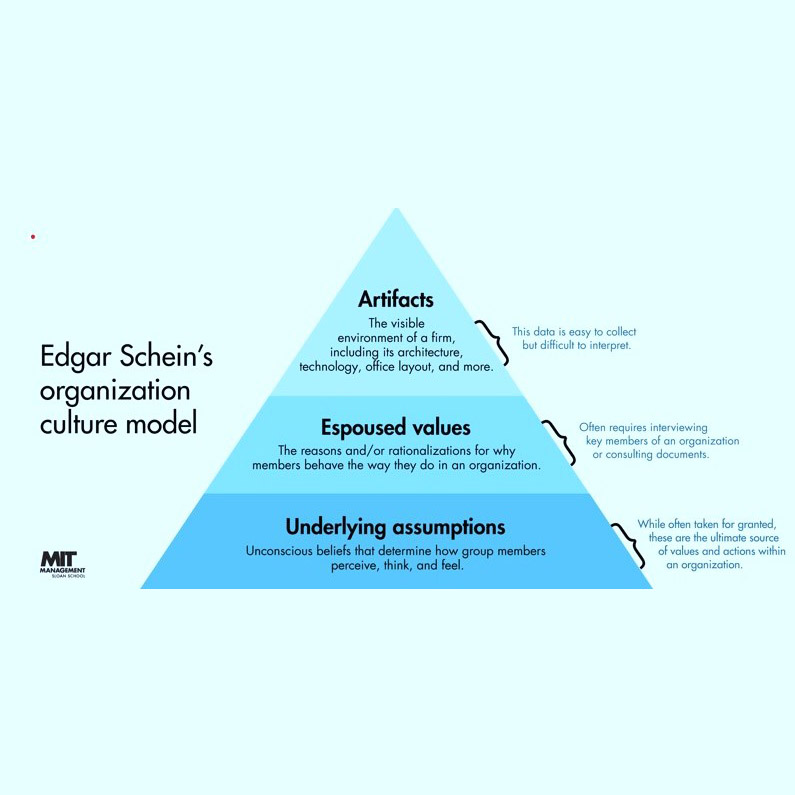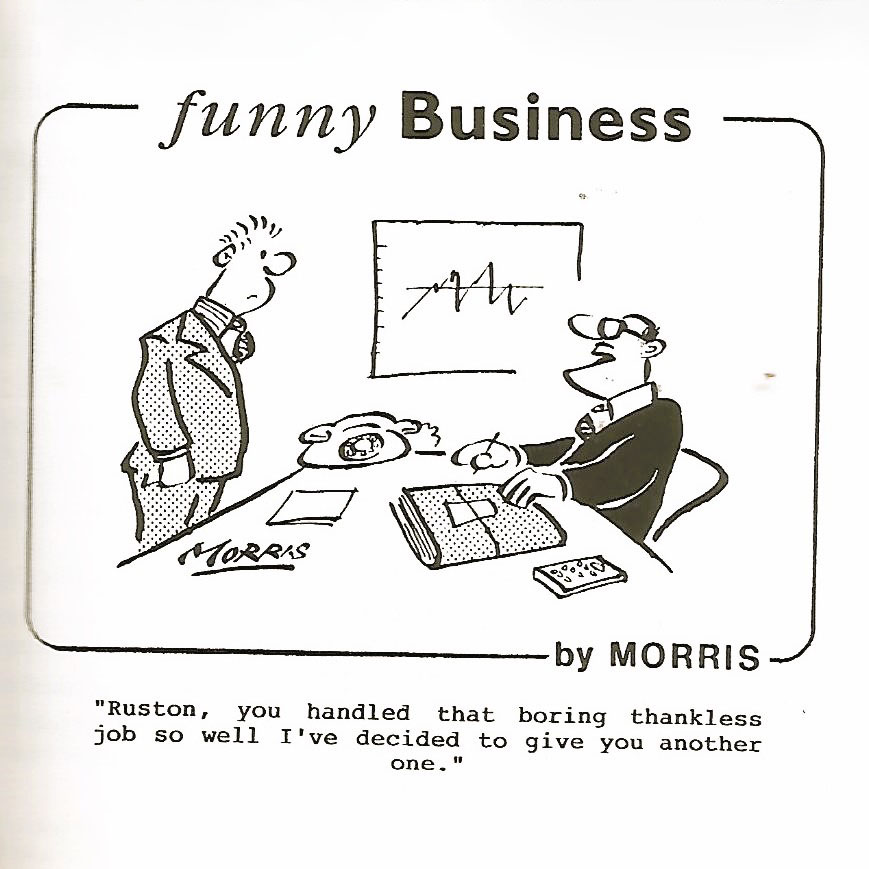Applying management frameworks and mental models to better understand the Sales domain
Sales Culture Components: Applying Edgar H Schein’s Model to Assess Sales Culture in an Organisation
Picture this scenario. You are taking over as the new Head of Sales for a FMCG major with a large network of retail outlets. Informal checks reveal that the Customer satisfaction scores aren’t too great for the company. You have done mystery visits for a first-hand impression. The feeling you get is that the company perhaps lacks a good sales culture. Is there a framework you can use to assess the sales culture?
The answer to this challenge could be in a popular model on organizational culture created by Edgar H Schein in 1980 which lists 3 important components of organizational culture
- Artefacts - These are observable things that are easily viewed, heard and felt by individuals. Examples could be dress code of employees, office furniture, facilities, employee behaviours, mission and vision of the organisation
- Values – These are stated beliefs, to the extent they are practised by people in an organisation. For instance, ‘Customer Delight Comes first’ could be a value. It influences organisational culture if it is demonstrated at work consistently by employees when handling Customers
- Basis Underlying Assumptions – These are assumed values. This will include beliefs and facts which stay hidden but affect the culture of the organisation. What employees talk informally among themselves about things like sales, Customers and sales practices actually represents the real culture of the organisation, regardless of what the vision or mission statements say

How can you use Schein model to assess the sales culture
- 1. Look at the artefacts or things you can see, hear or feel about sales in an organisation. How do the salespeople dress, how do they speak and come across to Customers? If you put yourself in the Customer’s shoes, what feeling do you get about the organisation’s overall attitude to sales? When you walk into some showrooms, you can quickly sense that the salespeople don’t care whether you buy or not. It’s a sign that the showroom’s sales culture is weak
- 2. What Customer values does the organisation espouse? What do they say about it in their posters, danglers, display pictures and ads, for example? Does the Customer facing employee behaviour match those values? Or does it fall short in a big way? Are all stated values just empty rhetoric?
- 3. Find out what are the assumptions on which sales teams operate - In some companies, getting the deal is more important than acting fair with the Customer, though this is not stated overtly. We can pick this up from the employee ‘inside-talk’ when they think no one is listening and also from how they treat Customers in different situations. Also how is the salesforce treated within the company. Are they regarded as people who just make the numbers or is everyone considered to be in sales one way or the other?
The legendary Peter Drucker said "Culture eats strategy for breakfast". No where is this more dramatically observed as in the sales culture of an organisation. A capable and talented salesforce needs to be supported by a strong, positive, Customer-focused sales culture to realise its full potential. A poor sales culture, on the other hand, can undo all the positives
You can explore more about Edward Schein’s seminal ideas here
“A Stoic is someone who transforms fear into prudence, pain into transformation, mistakes into initiation, and desire into undertaking.”
– Nassim Nicholas Taleb –

Sales Professional’s Toolset
Sales Culture Components: Applying Edgar H Schein’s Model to Assess Sales Culture in an Organisation

Must Read
Do people matter in a world being swept by AI? How can people in sales and marketing continue to be relevant to their Customers?




